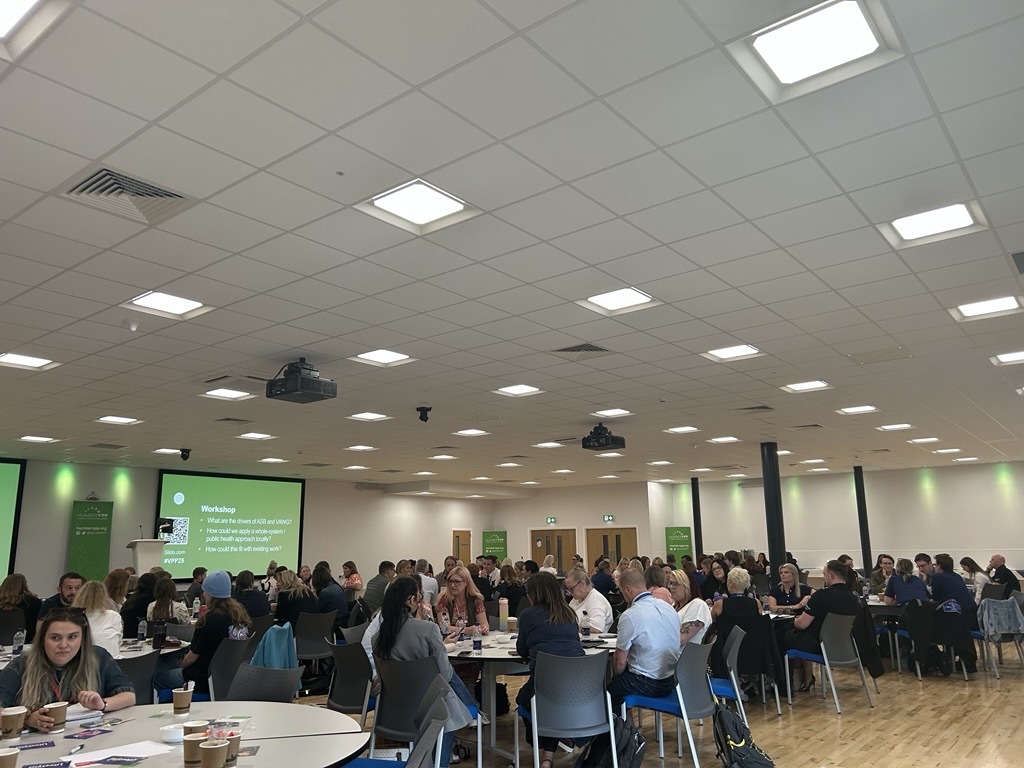On Thursday 12 June, nearly 200 delegates from across the Humber region gathered for our 2025 Partnership Conference. The event brought together professionals, policymakers, academics and community leaders to reflect on the progress made in violence prevention and to plan for the future.
Following the success of previous conferences, this year’s event focused on showcasing the impact of our commissioned interventions, the power of data sharing and our local response strategy to reducing serious violence.
Throughout the day, attendees shared insights and strengthened partnerships to help create safer communities across Hull, East Riding of Yorkshire, North Lincolnshire and North East Lincolnshire.
Keep reading to learn key takeaways from the event.

